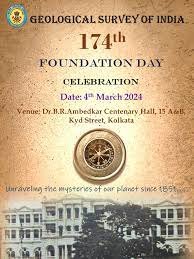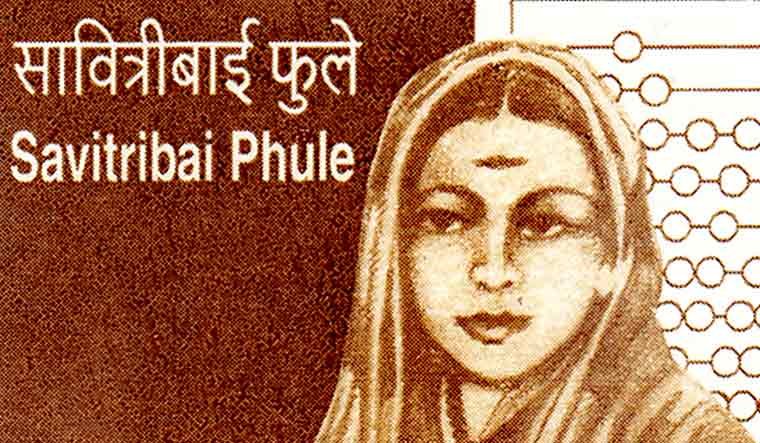Geological Survey of India Celebrates 174th Foundation Day: Unveiling India’s Geological Legacy
The Geological Survey of India (GSI) recently marked its 174th Foundation Day, commemorating a rich legacy of geological exploration and scientific contribution. This significant event holds paramount importance for aspirants preparing for various government exams, including positions in teaching, police, banking, railways, defense, and civil services such as PSCS to IAS. In this article, we delve into the reasons behind the celebration, the historical context of the GSI, and five key takeaways that students should incorporate into their exam preparation.

Why this News is Important
Foundation Day Milestone:
The celebration of the Geological Survey of India’s 174th Foundation Day is not merely a ceremonial affair. It signifies the enduring commitment of the organization to the scientific understanding of the nation’s geology. Aspiring candidates must recognize the institutional dedication embedded in such milestones, reflecting the GSI’s role in shaping India’s geological understanding.
Relevance to Exam Syllabus:
For students aiming at government exams, especially those with geology or science subjects, this news is particularly pertinent. Questions related to the role of GSI, its historical significance, and current activities are likely to be included in exams for positions ranging from teachers to civil services. Acknowledging this event provides aspirants with a broader perspective on India’s scientific endeavors.
Historical Context
Genesis of Geological Survey of India:
The Geological Survey of India traces its roots back to 1851 when it was established by British geologist Thomas Oldham. Initially focused on coal mining regions, it gradually expanded its scope to cover diverse geological aspects. Over the years, the GSI has been instrumental in mapping the geological resources of the country, contributing significantly to India’s economic development.
5 Key Takeaways from “Geological Survey of India Celebrates 174th Foundation Day”
| Serial Number | Key Takeaway |
|---|---|
| 1 | The GSI was founded in 1851 by Thomas Oldham, with its primary focus on coal mining regions. |
| 2 | The 174th Foundation Day highlights the GSI’s enduring commitment to scientific geological exploration. |
| 3 | Aspirants should be aware of the GSI’s contribution to mapping India’s geological resources, crucial for economic development. |
| 4 | This news holds relevance for exam syllabi, especially for those preparing for government positions related to geology and science. |
| 5 | Understanding the historical context of the GSI is essential to grasp its evolution and significance in shaping India’s scientific landscape. |
Important FAQs for Students from this News
Q1: What is the Geological Survey of India (GSI)?
A: The Geological Survey of India (GSI) is a scientific organization founded in 1851, primarily focused on geological exploration and mapping of India’s resources.
Q2: Why is the 174th Foundation Day of GSI important for government exam aspirants?
A: The celebration highlights the GSI’s enduring commitment to scientific geological exploration, a key topic likely to be covered in exams.
Q3: How can knowledge about GSI’s history benefit aspirants preparing for exams?
A: Understanding the historical context helps aspirants appreciate the GSI’s evolution and its significant role in shaping India’s scientific landscape.
Q4: What kind of exam questions can be expected related to the GSI Foundation Day?
A: Exam questions may cover GSI’s founding, historical significance, and its contribution to mapping India’s geological resources.
Q5: Is knowledge about the GSI relevant for exams beyond geology and science subjects?
A: Yes, the GSI’s role in economic development makes it relevant for various government exams beyond geology and science.
Some Important Current Affairs Links


















